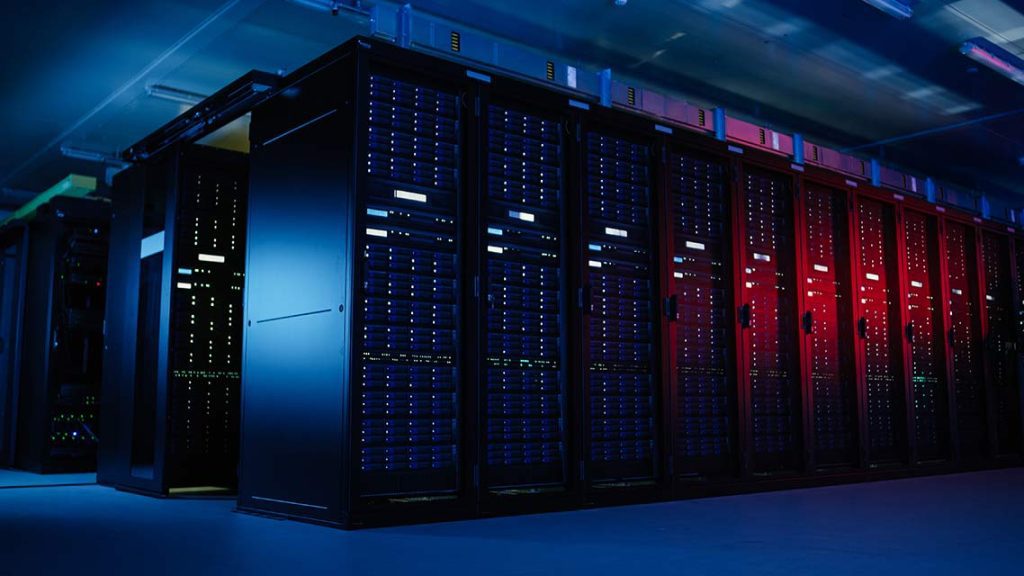A Comprehensive Guide to Diesel Engine Parts
Introduction: Diesel engines have long been the workhorses of various industries, powering everything from trucks and buses to ships and generators. At the heart of these powerful machines lie numerous intricate parts working in harmony to generate the mechanical energy needed to drive machinery. Understanding the essential components of Detroit Diesel Engine Parts is crucial for anyone involved in their maintenance, repair, or operation.
- Cylinder Block and Cylinder Head: The cylinder block forms the foundation of the engine, housing the cylinders where combustion occurs. It must withstand high temperatures and pressures generated during the combustion process. Within the cylinder block, the pistons move up and down, converting the energy of combustion into mechanical motion. The cylinder head sits atop the cylinder block, sealing the combustion chambers and housing components like valves, injectors, and camshafts.
- Pistons and Piston Rings: Pistons are cylindrical components that move within the cylinders, driven by the force of expanding gases from combustion. They transmit this force to the crankshaft via connecting rods. Piston rings are circular bands fitted around the piston to seal the gap between the piston and cylinder wall, preventing the leakage of combustion gases and oil into the crankcase.
- Crankshaft and Connecting Rods: The crankshaft is a central component that converts the linear motion of the pistons into rotational motion. It transfers power from the pistons to the transmission system, ultimately driving the vehicle or machinery. Connecting rods link the pistons to the crankshaft, transmitting forces and ensuring smooth motion.
- Fuel Injection System: Diesel engines rely on a precise fuel injection system to deliver the correct amount of fuel into the combustion chambers at the right time. Common rail systems, unit injectors, and distributor pumps are among the various types of fuel injection systems used in diesel engines. These systems play a critical role in optimizing combustion efficiency, fuel economy, and emissions performance.
- Turbocharger or Supercharger: Many diesel engines utilize forced induction systems like turbochargers or superchargers to increase air intake and enhance combustion efficiency. These devices compress incoming air, allowing more oxygen to be delivered to the combustion chambers. This results in improved power output and torque without significantly increasing fuel consumption.
- Cooling System: Diesel engines generate a considerable amount of heat during operation, necessitating an efficient cooling system to maintain optimal operating temperatures. Radiators, coolant pumps, thermostats, and hoses work together to dissipate excess heat and prevent overheating, ensuring engine longevity and performance.
- Exhaust System: After combustion, exhaust gases must be safely and efficiently expelled from the engine. The exhaust system includes components such as exhaust manifolds, catalytic converters, diesel particulate filters (DPFs), and mufflers. These components help reduce harmful emissions, minimize noise, and improve overall engine efficiency.
- Electrical System: Modern diesel engines rely on sophisticated electrical systems to control various functions, including engine timing, fuel injection, and emissions control. Components like sensors, electronic control units (ECUs), wiring harnesses, and batteries play crucial roles in ensuring smooth operation and compliance with environmental regulations.
Conclusion: Diesel engines are marvels of engineering, with each component playing a vital role in their performance, efficiency, and longevity. From the robust cylinder block to the intricate fuel injection system, every part must work in perfect harmony to deliver power reliably and efficiently. Understanding the fundamentals of diesel engine parts is essential for anyone involved in their maintenance, repair, or operation, ensuring optimal performance and minimizing downtime.






